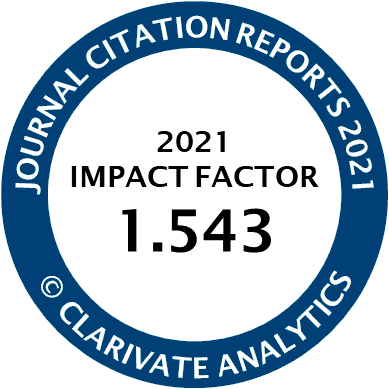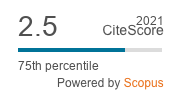Article | Open Access
A Generational Divide? Coping With Ethnic Prejudice and Inequality Among Romanian Roma Transnational Returnees
| Views: | 307 | | | Downloads: | 276 |
Abstract: Roma people are likely Europe’s most discriminated and marginalized minority. In the past years, increasing attention has been paid to their migration to Western Europe and their limited social mobility in their countries of destination. Our article focuses on the “post‐return” experiences of Roma and the changes generated by return migration in their communities of origin, a topic largely neglected so far. We build on recent debates around post‐return positionality, asking how adult and old Roma returnees experience return. We thus contribute to the growing literature on return migration and lifecourse that distinguishes between the return migration of children and youth, that of adults, and that of older migrants. Focusing on Roma returnees, we employ an understanding of migration not just as a means of generating resources, but also as a learning process where the Roma population acquires new ideas and a sense of agency and dignity. Informed by long‐term fieldwork in ethnically mixed localities in Romania (including participant observation and 76 semi‐structured interviews), we inquire into the ethnic relations and negotiations between Roma and non‐Roma populations. Migration results in a weakening of the economic dependency of the Roma on the non‐Roma. In this new context, which is still marred by ethnic prejudice and inequality, we analysed how local interethnic relations were reshaped by the returned Roma’s new consumption practices, new modes of communication, and new claims for equality. While adult Roma tend to demand equality and decent treatment, setting in motion a process of ethnic change, older returned Roma tend to maintain more submissive practices.
Keywords: ethnicity; generational divide; lifecourse; positionality; return migration; Roma; Romania; social change
Published:
© Remus Gabriel Anghel, László Fosztó. This is an open access article distributed under the terms of the Creative Commons Attribution 4.0 license (http://creativecommons.org/licenses/by/4.0), which permits any use, distribution, and reproduction of the work without further permission provided the original author(s) and source are credited.



